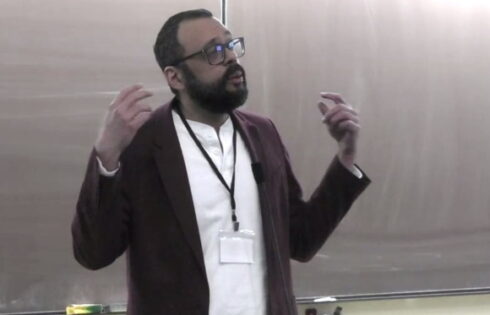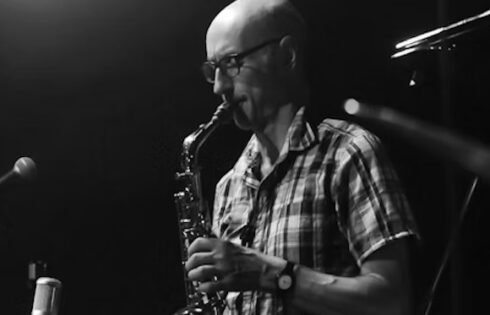
OK, sure — college student op-eds at times can be like shooting fish in barrel, but Oliver Friedfeld’s in The Hoya may take it to a whole new level.
Titled “I Was Mugged, And I Understand Why,” Friedfeld doesn’t get why folks are referring to his attackers as “’thugs,’ ‘criminals’ and ‘bad people’” — “I don’t think this is fair,” he writes.
Who am I to stand from my perch of privilege, surrounded by million-dollar homes and paying for a $60,000 education, to condemn these young men as “thugs?” It’s precisely this kind of “otherization” that fuels the problem.
Young people who willingly or unwillingly go down this road have been dealt a bad hand. While speaking with a D.C. police officer after the incident, he explained that he too had come from difficult circumstances, and yet had made the decision not to get involved in crime. This is a very fair point — we all make decisions. Yet I’ve never had to decide whether or not to steal from people. We’re all capable of good and bad, but it’s a whole lot easier for me to choose good than it may be for them to.
If we ever want opportunistic crime to end, we should look at ourselves first. Simply amplifying police presence will not solve the issue. Police protect us by keeping those “bad people” out of our neighborhood, and I’m grateful for it. And yet, I realize it’s self-serving and doesn’t actually fix anything.
The millennial generation is taking over the reins of the world, and thus we are presented with a wonderful opportunity to right some of the wrongs of the past. As young people, we need to devote real energy to solving what are collective challenges. Until we do so, we should get comfortable with sporadic muggings and break-ins. I can hardly blame them. The cards are all in our hands, and we’re not playing them.
This sentiment reminded me of author Jonathan Kozol’s words in his book Death at an Early Age. (Part of it was a required reading for a graduate class of mine about fifteen years ago). In it, he notes that as a young teacher in a run-down Boston area school in the 1960s, he refused to refer to one accused of stealing as a “thief” and, indeed, justified his behavior:
I do not think that he had stolen anything, but I would consider it quite understandable and almost natural if he had. Any Negro child who stole anything movable out of any home or Boston schoolhouse would not have stolen back as much as has been stolen from him.
I would suggest reading through the comments under Friedfeld’s article, which number over 170 at this moment. The vast majority do a very good job of — how should I put this? — educating him.
h/t to Campus Reform.
Like The College Fix on Facebook / Follow us on Twitter
IMAGE: minusequalsplus/Flickr






Please join the conversation about our stories on Facebook, Twitter, Instagram, Reddit, MeWe, Rumble, Gab, Minds and Gettr.